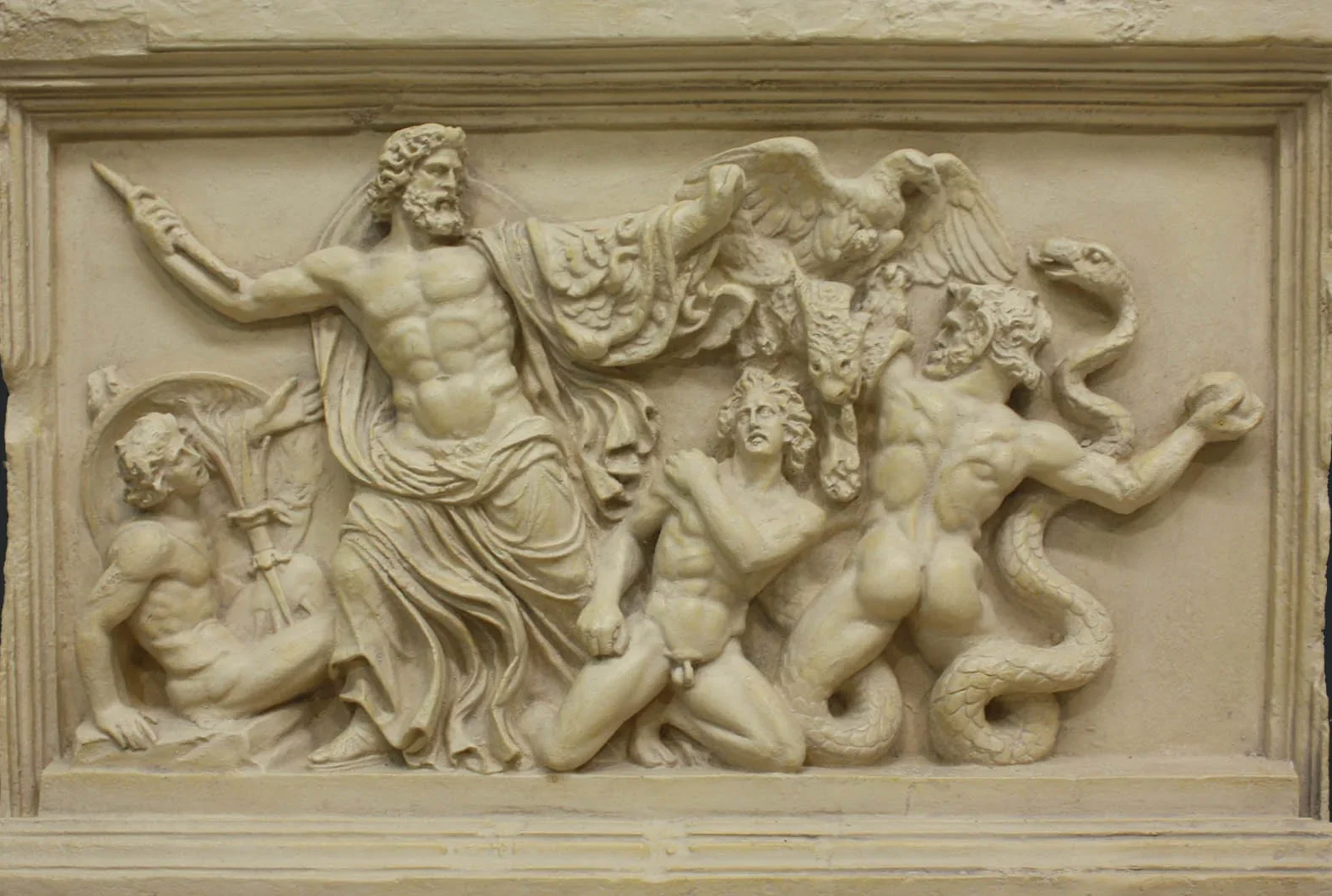No Results Found
The page you requested could not be found. Try refining your search, or use the navigation above to locate the post.

Welcome to Taproot Therapy Collective’s exploration of how mythology illuminates the deepest patterns of human experience and transformation. As Birmingham’s premier depth psychology practice, we draw upon the rich symbolic language of ancient myths to help clients understand their personal stories, navigate life transitions, and access profound healing wisdom that has guided humanity for millennia.
Our Mythology blog category examines how the timeless stories of greek, Roman, and world mythologies serve as powerful therapeutic tools for understanding the human psyche. Building on the groundbreaking work of Carl Jung and Joseph Campbell, we explore how mythological patterns—archetypes—appear in modern life and can guide healing, personal growth, and meaning-making.
This approach recognizes that the same fundamental human experiences explored in ancient myths—love, loss, transformation, heroism, sacrifice, and redemption—continue to shape our psychological landscape today. By understanding these patterns, Birmingham therapy clients gain powerful frameworks for understanding their struggles and accessing their innate resilience and wisdom.
Explore how Carl Jung’s revolutionary insights into archetypes inform modern therapeutic practice:
Discover how Joseph Campbell’s monomyth structure guides personal transformation:
Learn how ancient stories provide powerful metaphors for reauthoring personal narratives:
Examine universal themes across global mythological traditions:
Explore myths of profound change and their relevance to personal growth:
Examine how mythological figures model healing through personal suffering:
Discover how mythological monsters and dark figures represent psychological shadow:
Explore mythological patterns in modern relationships and attachment:
Living in Birmingham, Alabama, we draw connections between classical mythology and Southern cultural narratives, exploring how:
Regional Storytelling Traditions: The rich oral tradition of the American South connects with ancient mythological themes of family sagas, honor, loss, and redemption.
Civil Rights History: Birmingham’s pivotal role in civil rights connects with mythological themes of heroic journeys, standing against oppression, and transformational collective action.
Industrial Heritage: The city’s steel industry history resonates with mythological themes of fire, forge, and transformation—literal and metaphorical.
Contemporary Challenges: How ancient wisdom addresses modern Birmingham issues like urban development, community building, and cultural change.
We regularly incorporate research and insights from:
Using mythological frameworks to understand and work with dreams:
Incorporating expressive modalities informed by mythological themes:
Creating meaningful therapeutic rituals inspired by mythological practices:
Using mythological patterns to understand family dynamics:
For deeper exploration of these ancient wisdom traditions, check out more on the Discover + Heal + Grow Taproot Therapy Collective blog and podcast where we regularly feature depth psychologists, mythologists, and practitioners integrating classical wisdom with modern therapeutic approaches.
Subscribe to our channels for mythological insights:
This blog category serves:
Our Classical Mythology blog includes:
Mythological Dream Group: Monthly gatherings exploring dreams through archetypal and mythological frameworks, combining Jungian dream work with classical storytelling traditions.
Hero’s Journey Intensive: Quarterly workshops helping participants identify their personal hero’s journey, navigate current challenges, and integrate wisdom for ongoing growth.
Women’s Mythology Circle: Exploring feminine archetypes from Athena to Artemis, helping women understand and integrate different aspects of feminine power and wisdom.
Men’s Archetypal Work: Using figures like Hermes, Apollo, and Dionysus to explore healthy masculine expression, emotional intelligence, and purpose.
While deeply rooted in ancient wisdom, our mythological approach integrates with contemporary evidence-based therapies:
Narrative Therapy: Using mythological frameworks to help clients re-author their life stories in empowering ways.
Internal Family Systems (IFS): Understanding internal parts through archetypal lens, helping clients dialogue with different aspects of self.
EMDR and Trauma Work: Using mythological imagery and metaphors to support trauma processing and integration.
Mindfulness and Somatic Approaches: Grounding mythological insights in embodied present-moment awareness.
The ancient stories that have guided humanity for thousands of years contain profound wisdom for navigating contemporary challenges. Our Birmingham-based therapists at Taproot Therapy Collective are trained in depth psychology approaches that honor both timeless wisdom and modern therapeutic innovation.
Contact Taproot Therapy Collective: 📍 2025 Shady Crest Dr. Suite 203, Hoover, AL 35216
📞 (205) 598-6471
🌐 www.GetTherapyBirmingham.com
🎧 Podcast: gettherapybirmingham.podbean.com
The page you requested could not be found. Try refining your search, or use the navigation above to locate the post.